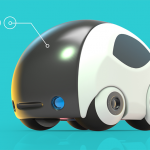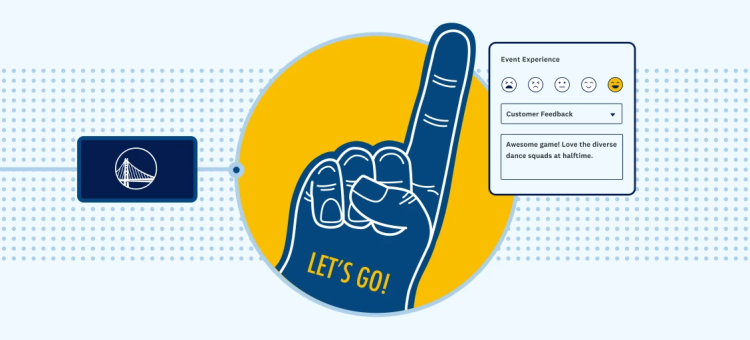In theory, owning a self-driving car should sound amazing. It would make travel more convenient, reduce traffic, and maybe even turn commute time into nap time. It feels like a technology that the public should be thrilled about—but according to our recent poll of 2,586 people, most Americans don’t agree. When asked, 65% of respondents said that they were not likely to purchase a self-driving car, and only 6% responded “extremely likely.”
Investors, on the other hand, are bullish. A self-driving car company called Zoox recently announced that it has raised an incredible 800 million dollars—and that it is now valued at 3.2 billion dollars. That’s a major vote of confidence in a market that doesn’t seem to exist yet. So if consumer behavior is going to match those expectations, what needs to change?
According to our survey, the answer is probably safety. When we asked survey takers how safe they would feel as a passenger in a self-driving car, only 3% said “very safe”, 7% said very safe, and 25% said “somewhat safe.” In other words, less than 40% of the population would feel even “somewhat safe” being in a self-driving car.
The percentages for feeling safe as “a pedestrian in the area of a self-driving car” were even lower. People aren’t just unwilling to buy self-driving cars—they don’t even want to be around them.
Want to know what consumers thinks about the idea you’re working on?
SurveyMonkey Audience helps you do detailed market research on whatever population matters most to you.
The government takes a hands-off approach to self-driving cars
As of now, self-driving cars face very little federal oversight. Secretary of Transportation Elaine Chao even recently said, “We don’t know how to pick the best technology or to pick the winners. We’re not in the business of picking winners or losers. The market will decide what is the most effective solution.”
Nor do many Americans want government interference. Even among the people who were uncomfortable with the idea of being around a self-driving car, more than half of the people who took our survey said that they consider automobile safety regulations “safe enough.” Only 47% of respondents overall selected “could be improved.”
Unsurprisingly, people’s beliefs about the issue of regulation tended to follow partisan lines, with 37% of Republicans claiming that regulations are strict enough and 38% of Democrats calling for improvements. Most likely, this means that if there were new safety regulations proposed for self-driving cars, they would face GOP opposition.

Opportunity for manufacturers to stand out for safety
In a playing field with little government oversight, appealing to safety might be one of the best ways for self-driving car companies to get consumer trust and attention.
This isn’t a new idea—everyone has seen car ads that feature a series of slow-motion shots of crash test dummies. But the trope exists because it works, and our research shows that it will be especially important for addressing public concerns about the safety of autonomous cars.
Businesses like Zoox and Waymo (Google) will need to distinguish themselves from more established car companies like Tesla and General Motors. They’ll also need to find ways to overcome the immediate distrust that consumers tend to have toward new types of artificial intelligence.
Makers of other types of artificial intelligence (like IBM’s Watson) have tried to combat consumers’ distrust with ad campaigns that show the connect the technology to everyday life and emphasize security. Makers of consumer-facing self-driving cars will probably need to do the same, and create marketing campaigns that present autonomous cars as a safe and stable part of everyday life.
If self-driving cars are going to win the trust of the American public—and prove that they deserve those multi-billion dollar valuations—they have some trust to build.
Create your own stories based on data
Our content marketing guide will teach you everything you need to know about creating content based on original research from survey data.



